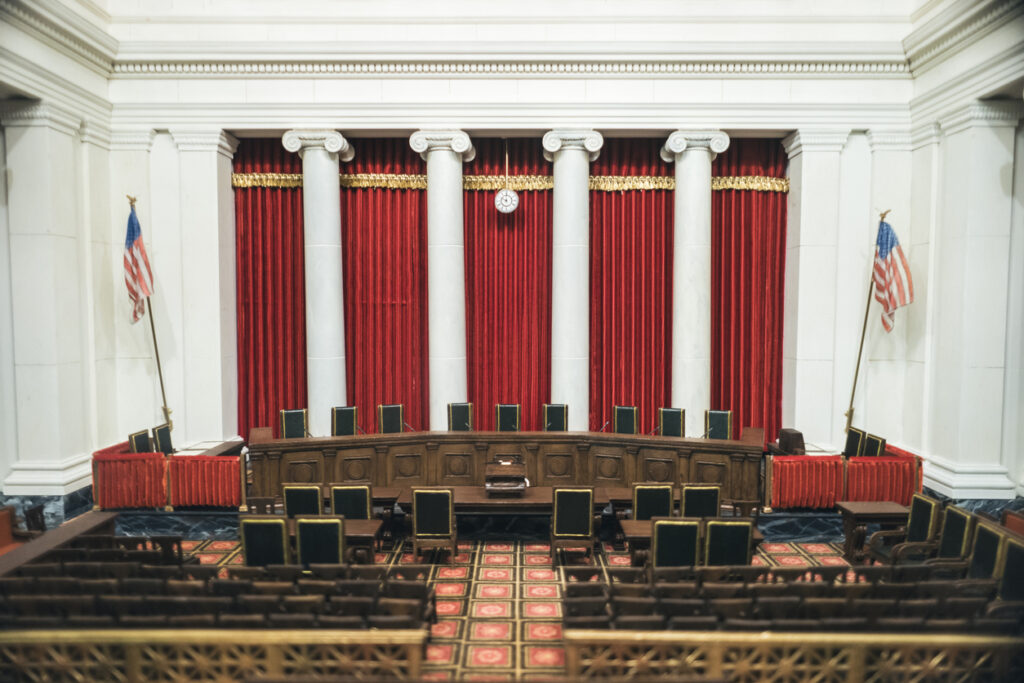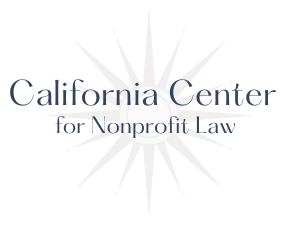
How Will the Supreme Court’s Decision Rejecting the “Chevron Doctrine” Affect Nonprofits?
Are you familiar with the “Chevron Doctrine?” In its landmark ruling in Loper Bright Enterprises v. Raimondo, the U.S. Supreme Court rejected a 40-year-old precedent requiring courts to defer to the expertise of federal departments and agencies in interpreting statutory requirements in federal regulations. In overturning its longstanding decision in Chevron USA, Inc. v. NRDC, the Court potentially upended administrative law on federal regulations on countless subjects, from food and drug safety standards to health care and workers’ rights and safety to education. While the full extent of the impact of Loper Bright remains unclear, the decision will likely lead to more challenges to federal rulemaking, which, in turn, will delay or modify reforms that benefit the people and causes that charitable organizations serve.
The Demise of the Chevron Doctrine
Under the Court’s 1984 Chevron ruling, courts used a two-part test in reviewing lawsuits challenging federal agencies’ interpretations of the law. To determine whether a federal agency properly applied the law as Congress intended in issuing regulations, a court used the following analysis:
- Did Congress directly decide the “precise question at issue”? and
- If not, was the agency’s interpretation permissible (or reasonable)?
The Court soundly rejected the Chevron two-part test in Loper, finding that judges need only ask whether an agency’s interpretation is consistent with the law. While a court can consider an agency’s view and expertise on an issue, deferring to that view is no longer required. Some envision the end of agency deference resulting in a deluge of lawsuits challenging even the most innocuous federal regulations, particularly in forums where judges appear predisposed to ruling favorably.
Charitable Organizations and Employment Regulations
In recent months, the U.S. Department of Labor, the National Labor Relations Board, the U.S. Equal Employment Opportunity Commission, and other federal agencies have been issuing regulations that affect various workplace issues. These regulations may impact charitable organizations with employees (depending on the applicability of existing state laws), including those that affect the classification of workers for overtime pay, union representation, and discrimination based on age, disability, and sex. Legal challenges already abound concerning these regulations and are likely to quickly increase as various special interests test the bounds of this new-found judicial power.
Charitable Organizations and Tax Law
Another area in which Loper Bright is expected to impact significantly is tax law, which also affects charitable organizations, nonprofits, and donors. Tax regulations are already among the most litigated federal agency rulings, often because the statutes and laws are complex. Congress also allows the Treasury Department and the IRS to issue “legislative” regulations in rare circumstances with the same effect as a statute.
Loper Bright eliminates any mandatory judicial deference to Treasury and IRS interpretations of federal statutes, which makes overturning these agencies’ regulations far more likely. For example, expanding the definition of “donor-advisor” to include personal investment advisors in the proposed Donor Advised Fund regulations had drawn criticism even under the Chevron doctrine. Under Loper Bright, the proposed regulations are likely to be overbroad and invalid. This example is only one of many legal challenges to proposed regulations that could affect charitable organizations.
Contact Us Today for Legal Advice and Assistance
The California Center for Nonprofit Law concentrates its practice on legal matters that affect charities and other nonprofit organizations in California. Our unique focus allows us to keep ahead of constant local, state, and federal laws and policies as they develop over time. We are here to represent the interests of your nonprofit organization throughout every stage of your legal matter. Call us at (949) 892-1221, email us at info@NPOlawyers.com, or fill out our contact form online and schedule a consultation about your nonprofit organization today.
